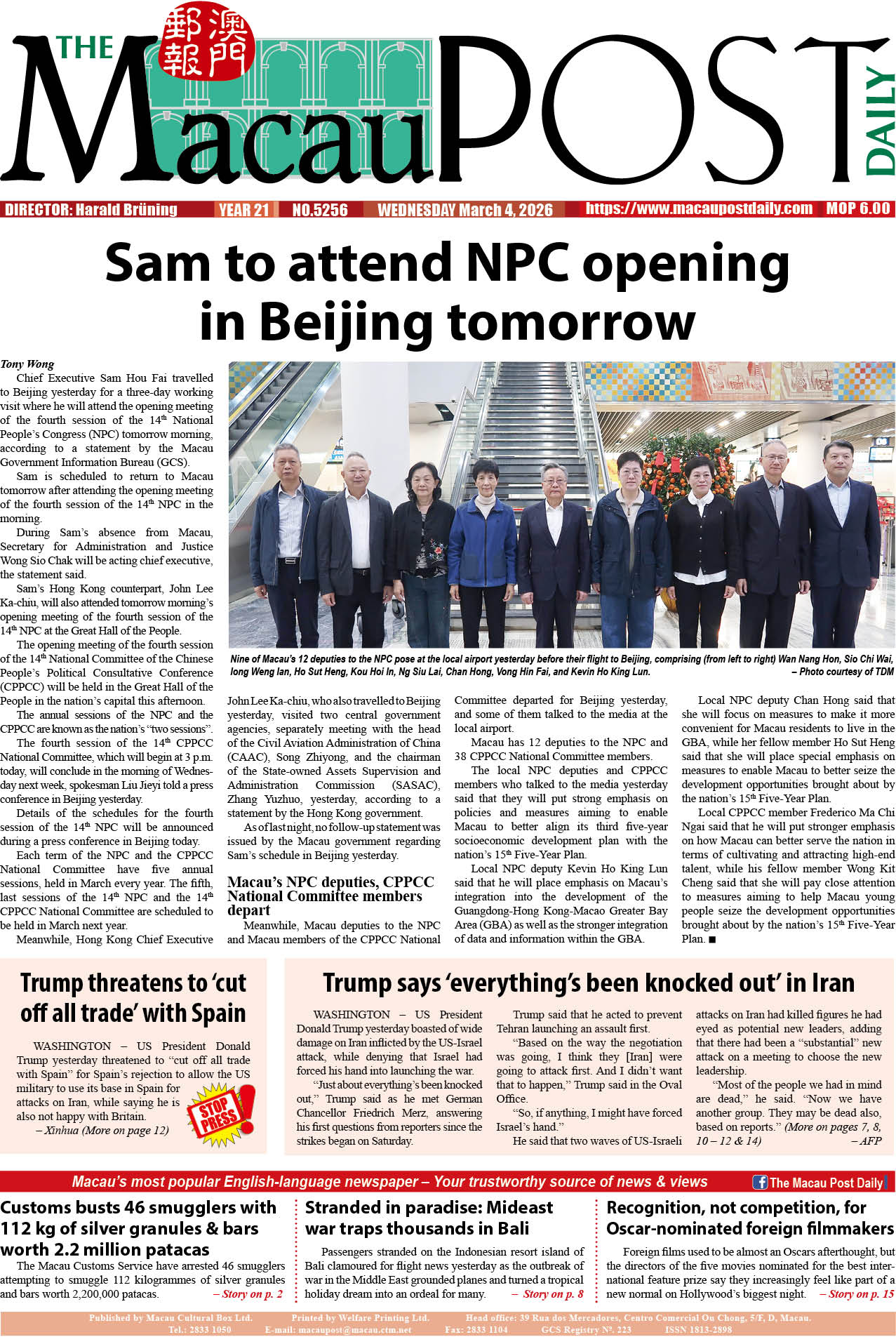Expressionism was a movement started mainly in Germany after World War I to portray pain in an exaggerated way by distorting reality, the director of Cut Company Limited Operating and curator of KINO Film German Festival Macao, Rita Wong Yeuk Ying, told The Macau Post Daily in a coffee shop next to Praça do Tap Seac.
Wong said that expressionist artists use imagery to combine urbanisation and emotional trauma. She pointed out that expressionist films use a more aggressive way to express internal pain. She also noted that a lot of great expressionist artists were forced out of Germany at that time and escaped the United States, which led to the boom of film noir there – an era associated with a low-key black-and-white visual style – in Hollywood.
“When we talk about film noir in Macau, there is a common impression that black-and-white silent films are boring. However, what locals fail to notice is that atmosphere and plot can be developed without dialogue. For example, film noir uses a film score, [which is original music written specifically to accompany a film], to build up a terrifying or mystical atmosphere. Expressionism is always intentional. Artists create a mood by contrasting between darkness and light, exaggerating characters, highlighting outlines of images and using art decorations,” Wong said.
The film Metropolis, she said, shows the audience how expressionism can be integrated through cinematography such as through characters’ outfits, props, the set and the architecture used in the scene. She pointed out that Metropolis had a high production budget, therefore it was able to portray sci-fi genre German expressionist cinematography.
Wong mentioned that German films have their uniqueness, adding that they connect the history of Germany after World War I and during the Nazi regime, in which media and art were restricted. She pointed out that German films address serious messages behind storylines. In another film, The German Lessons, Wong said that the plot did not match the standard of Germany’s then Nazi rulers. She pointed out that the underlying message of the film makes audiences ponder the idea of fitting in and resisting.
“The most classic, or the most expressionist film, I can think of is The Cabinet of Dr. Caligari. It embodies the German expressionist approach towards visualisation based on inner mental states rather than outward physical reality. The film has impressed multiple artists such as Tim Burton, David Bowie and Virginia Woolf,” Wong said.
When asked about her personal favourite expressionist film, she admitted that she has a bias towards vampires so she likes Nosferatu a lot. She explained that Nosferatu was an unauthorised adaption of Bram Stoker’s Dracula reworked to fit a German setting.
The 6th German Film Festival is screening at Teatro Algeria (Wing Lok Cinema) and the Orient Foundation’s Auditorium until Sunday. The event is presented by CUT Company (拍板有限公司) and the Goethe Institut (香港歌德學院) in Hong Kong. Tickets are available online at https://1ticks.com/event/K and for walk-in audiences at the two venues for 70 patacas.
For enquiries, people can contact via email info.cutcompany@gmail.com or visit the website http://Cut-Company.com. For information about the film festival, an e-booklet is available via link https://reurl.cc/n5mE96
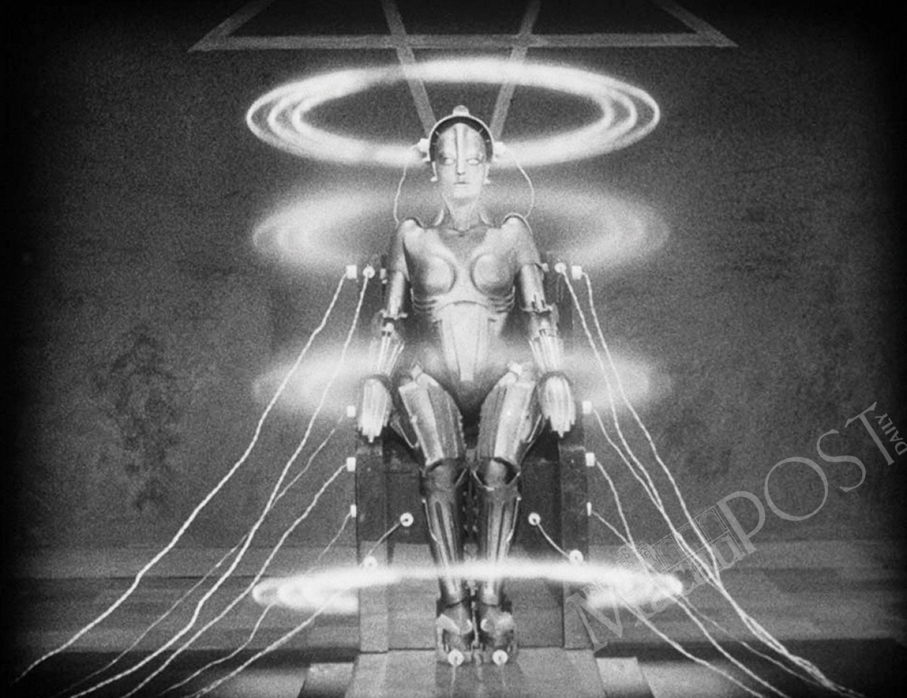
Metropolis
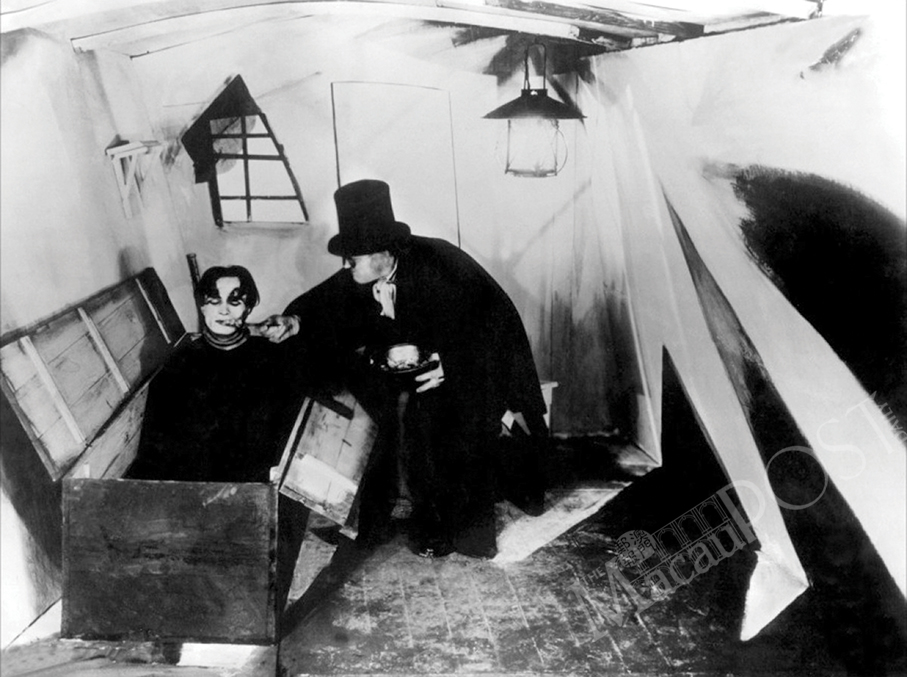
The Cabinet of Dr. Calligari
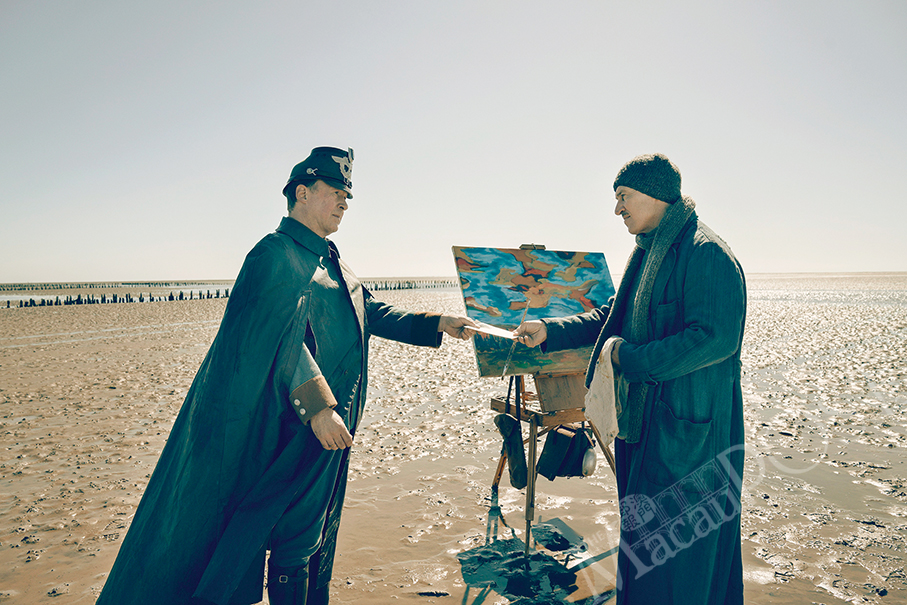
The German Lesson
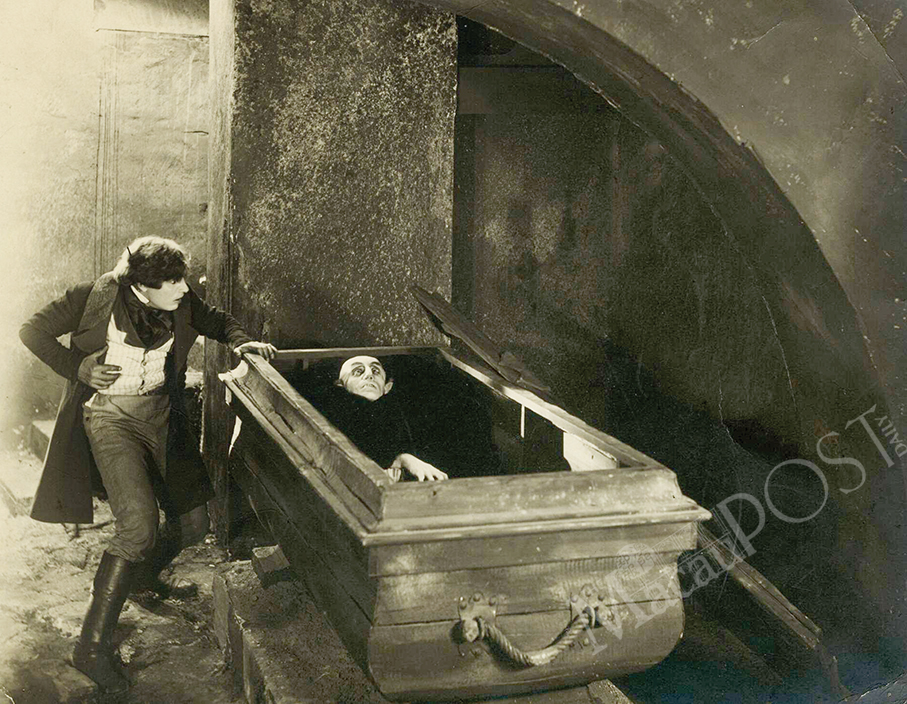
Nosferatu
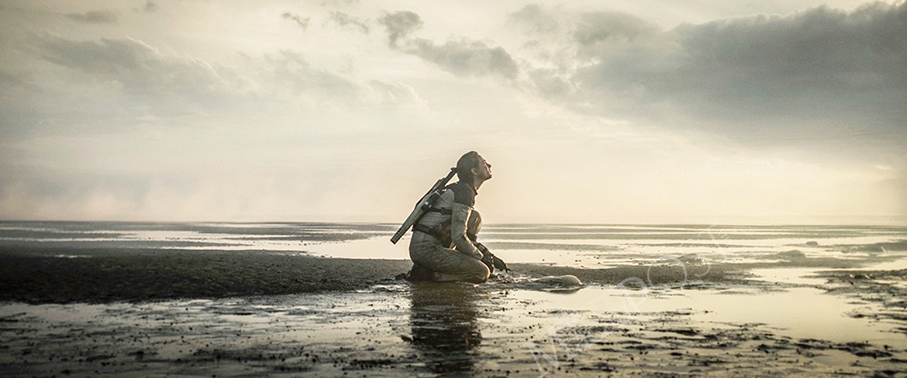
Tides
Photos: CUT Company









